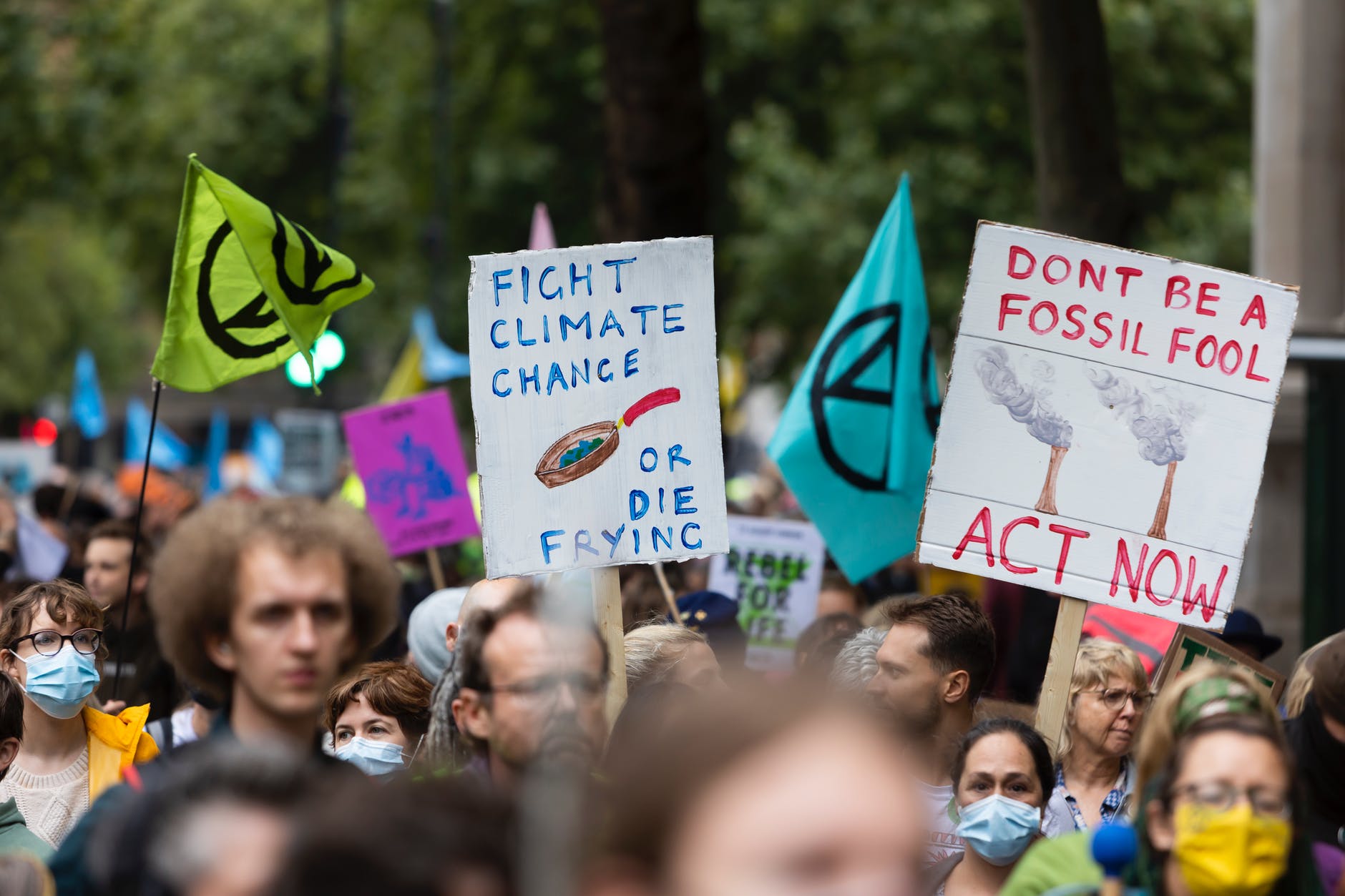What does the IPCC report mean?
By: Mike Ritchie, MRA Consulting Group

The Sixth Assessment Report from the International Panel on Climate Change (IPCC) has classified human influence on global warming as “unequivocal”[1]. The Report calls for immediate global action towards net-zero emissions by 2050 to prevent warming of 2°C.
Even in the most optimistic models, global temperatures will continue to rise until at least the mid-century. The impacts of these changes are “irreversible for centuries to millennia” (B.5, p28).
This means even if we halt emissions today, the ocean and temperatures will continue to rise, ice sheets will still retreat, and weather events will become more extreme.

Scientists agree that “the likely range of total human-caused global surface temperature increase from 1850-1900 to 2010-2019 is 0.8°C to 1.3°C” (A.1.3, p6).
We all know that the carbon emissions from our transportation, electricity and industries are the leading cause. Paleoclimate evidence has shown that today’s atmospheric CO2 concentrations are “higher than at any time in at least 2 million years” (A.2.1, p9).
However, carbon isn’t acting alone.
Methane is the second largest contributor to human caused global warming, responsible for a 0.5°C increase in global temperatures. Atmospheric concentrations have increased by 156% since 1750. The CSIRO has placed waste as the third largest contributor (11%) to national methane emissions, after agriculture (59%) and energy (28%).[2]

Australia has warmed by 1.4°C since 1910 and is one of the fastest warming regions on the planet.
We can expect the intensity, frequency and duration of the fire weather events to increase across Australia.
So, what is Australia doing?
Annual emissions have continued to increase since the carbon tax was scrapped in 2014. Emissions actually fell in real terms whilst we had a carbon price. Since then, emissions have risen in all sectors of the economy.
The absence of a price signal means we can use the atmosphere as a tip, with no commercial consequence.
Although NSW just committed to cutting GHG emissions by 50% cent by 2030, the Australian Government is yet to commit. However, the smart money is that they will in the lead up to the COP26 Climate Change Conference in November this year.
That would be a good thing. Massively overdue but a good thing.
Time is not on our side.
But on the positive side, Australia’s community attitudes are rapidly changing.
A recent poll showed that 72% of Australians view the bushfires of 2019-2020 as a wake-up call on the impacts of climate change.[3]
The Murdoch press recently announced a change of (editorial) heart on climate change scepticism. It will reign in its anti-science, anti-emissions abatement rhetoric and advocacy.
We need to commit to a net-zero target, eliminate and reverse deforestation, convert our industrial, domestic and transport fuel usage to electricity based on renewables and curb our methane generation.
We need to start being a world leader in preventing climate change. For our economy, for jobs, for our kids and for a sustainable pathway to development.
[1] “Climate Change 2021 – the physical science basis summary for policy makers” (IPCC, 2021) https://www.ipcc.ch/report/ar6/wg1/downloads/report/IPCC_AR6_WGI_SPM.pdf
[2] Table 2.1, “Methane and volatile organic compound emissions in New South Wales” (CSIRO, 2016) https://www.epa.nsw.gov.au/~/media/EPA/Corporate%20Site/resources/air/methane-volatile-organic-compound-emissions-nsw-3063.ashx
[3] “Polling – bushfire crisis and concern about climate change” (The Australian Institute, 2020) https://australiainstitute.org.au/wp-content/uploads/2020/12/Polling-January-2020-bushfire-impacts-and-climate-concern-web.pdf
Mike Ritchie, is the Managing Director at MRA Consulting Group.



